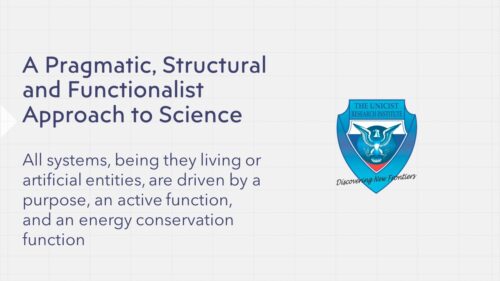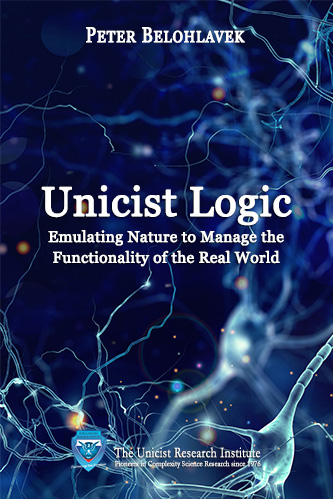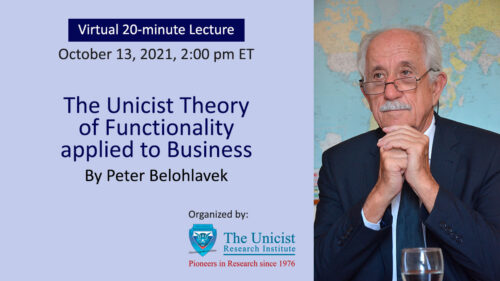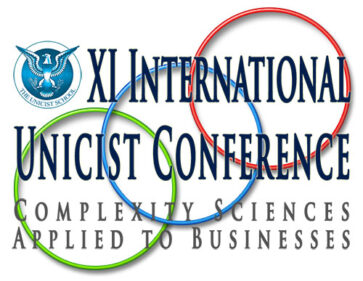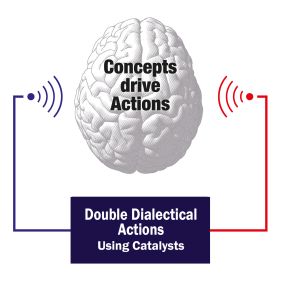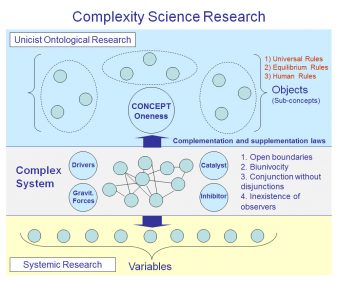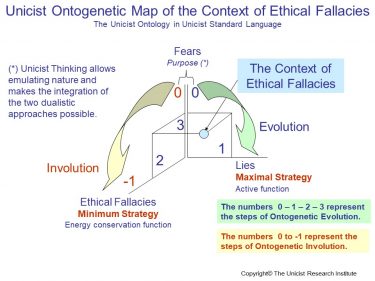The Functionalist Approach to Science & Technologies
The development of the functionalist approach was triggered by the need of managing adaptive environments of any kind and moved from the management of adaptive systems to universal use.
The unicist approach to science and technologies is based on a pragmatic, structural, and functionalist approach to the real world that allows dealing with its functionality and operationality. It allowed going beyond empiricism by managing the fundamentals that underlie facts and making the necessary destructive tests to validate them both epistemologically and empirically.
The unicist approach to functionality affirms that there is nothing in the universe, which is part of a system, that does not work with a purpose, an active and entropic function, and an energy conservation function.
This structure works through unicist binary actions (UBA) that produce the functionality of any entity or process, whatever its kind.
The unified field of an entity or process needs to be managed to ensure its functionality.
The functionalist approach allows apprehending the functionality of their triadic structure and binary actions. It requires having the specific operational knowledge. Its validation is based on the use of destructive and non-destructive tests. Access
Unicist Innovation Center – A Sharing Space
The Unicist Research Institute
The Unicist Functionalist Approach: The functionalist approach is based on the use of binary actions that are composed by two synchronized actions where the first one opens possibilities and the second one ensures results. www.unicist.org

